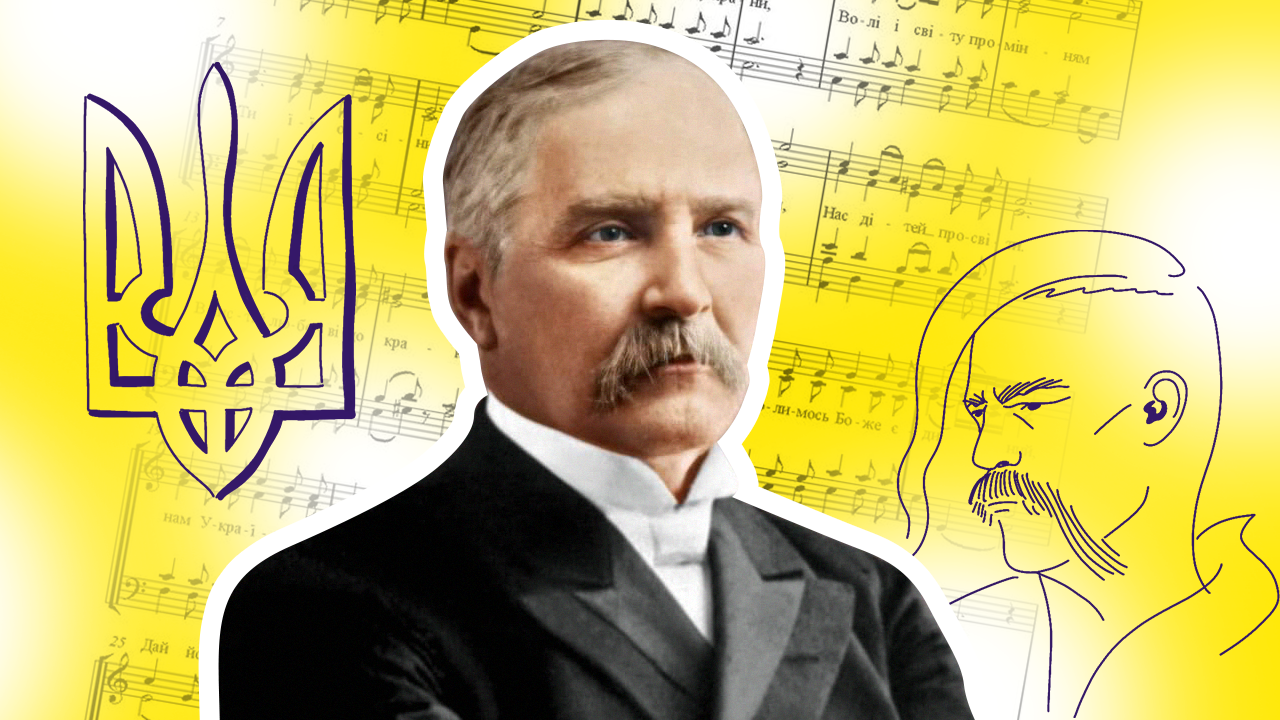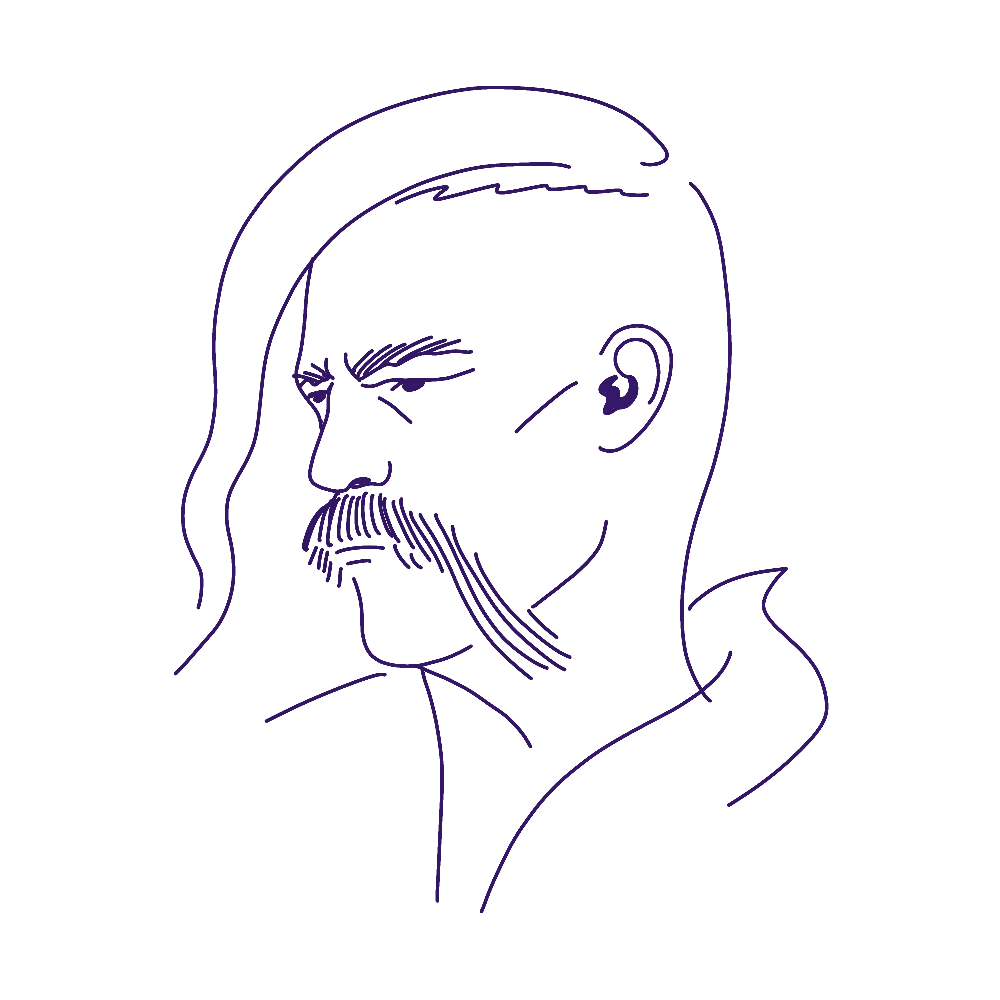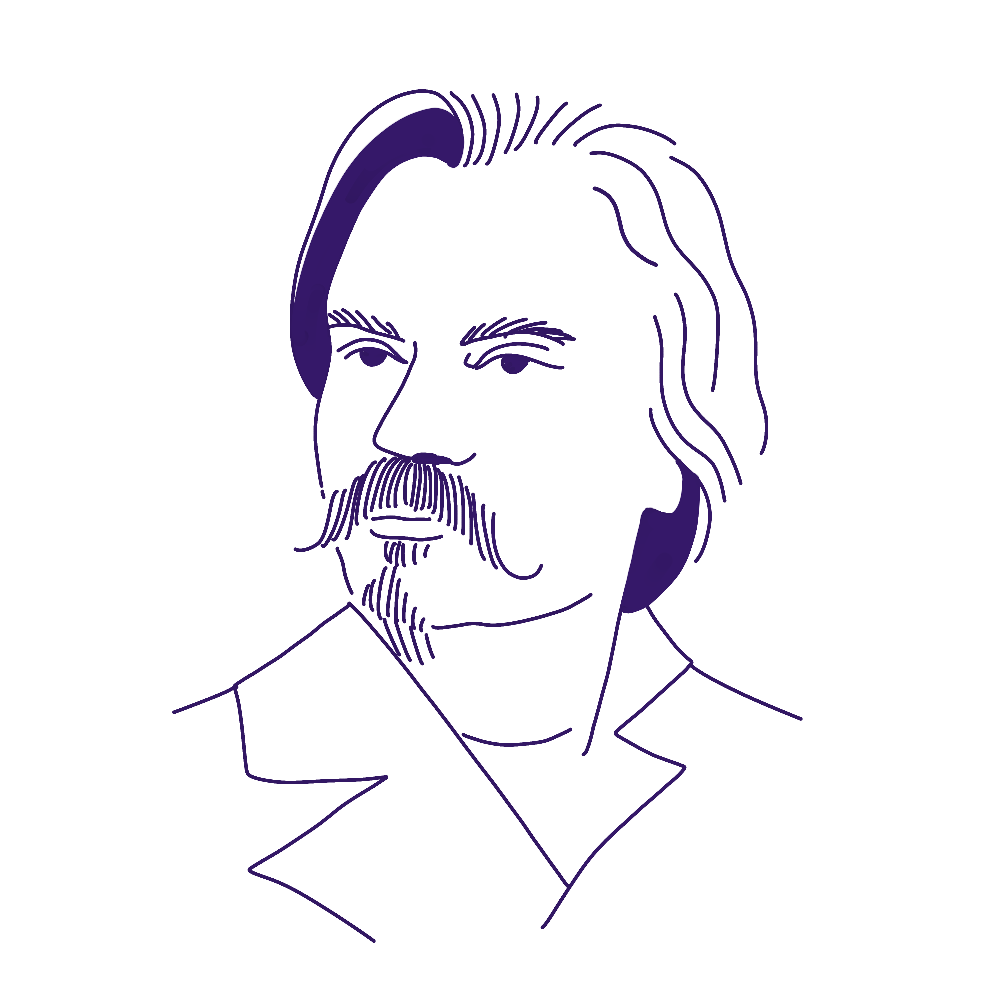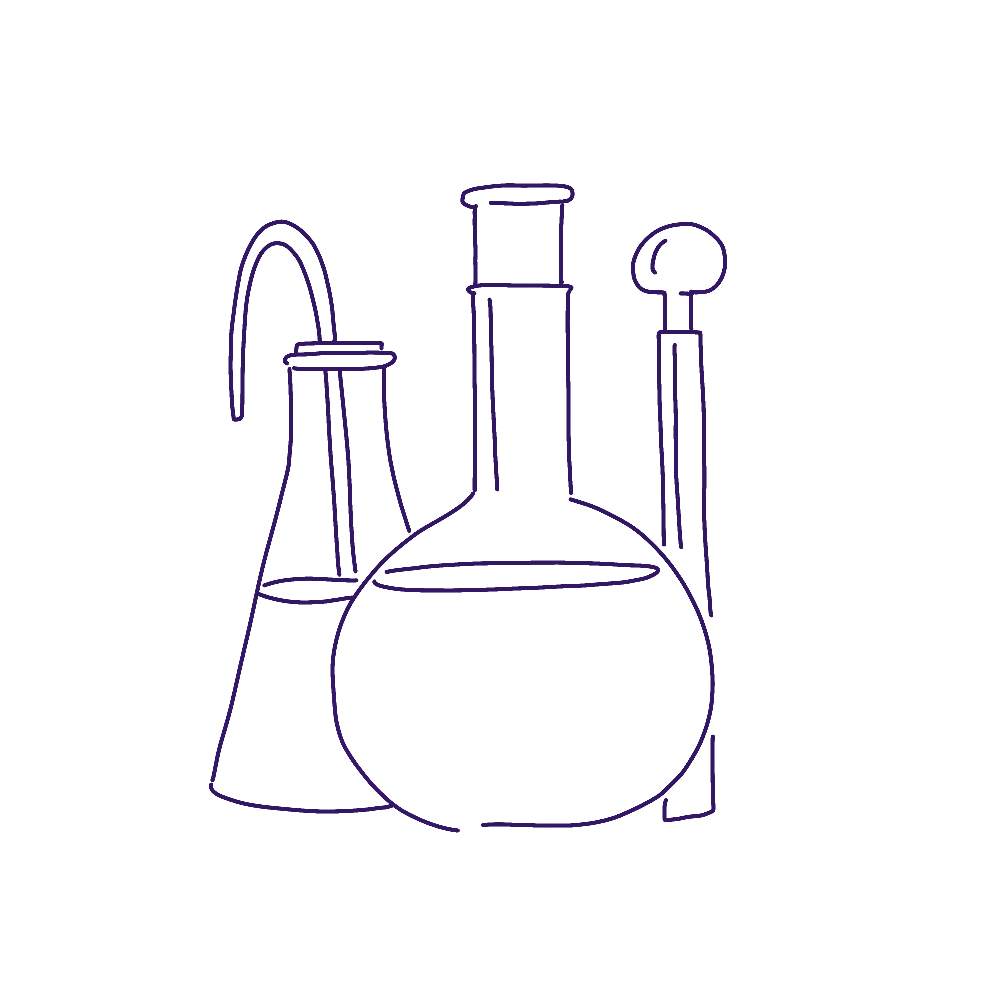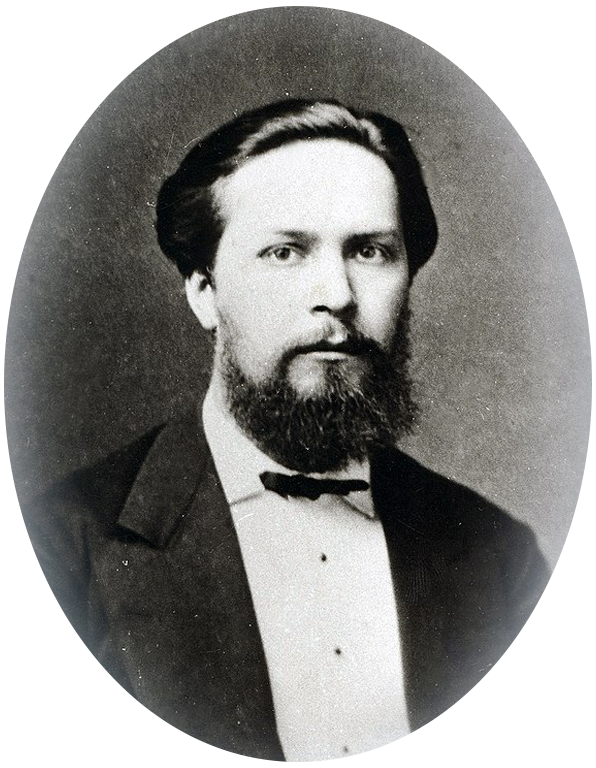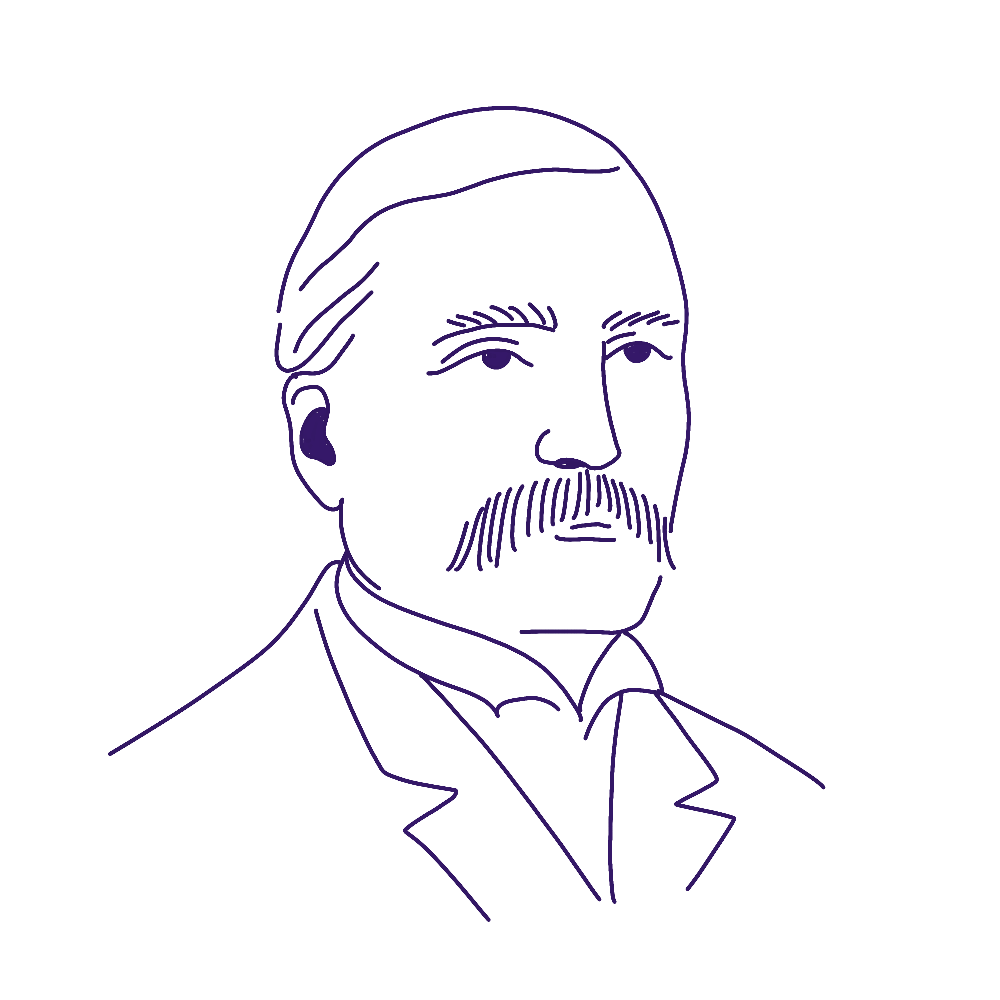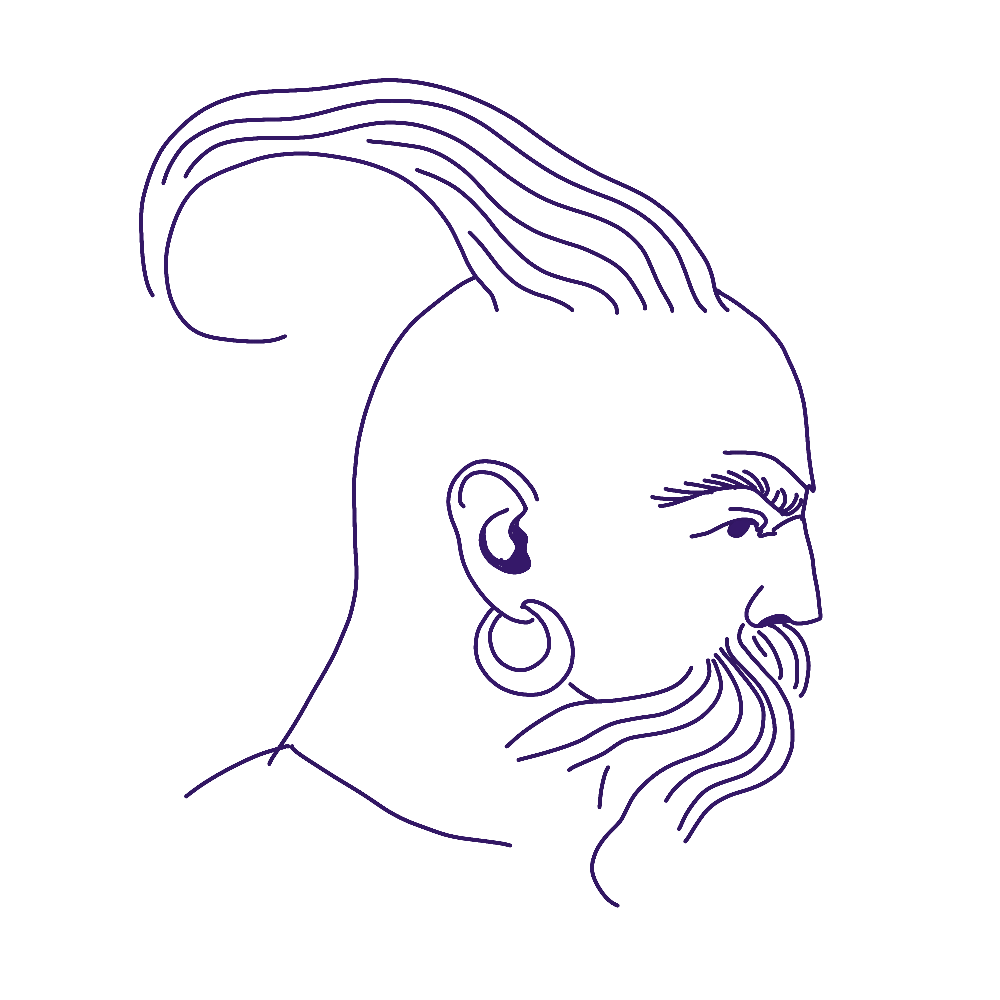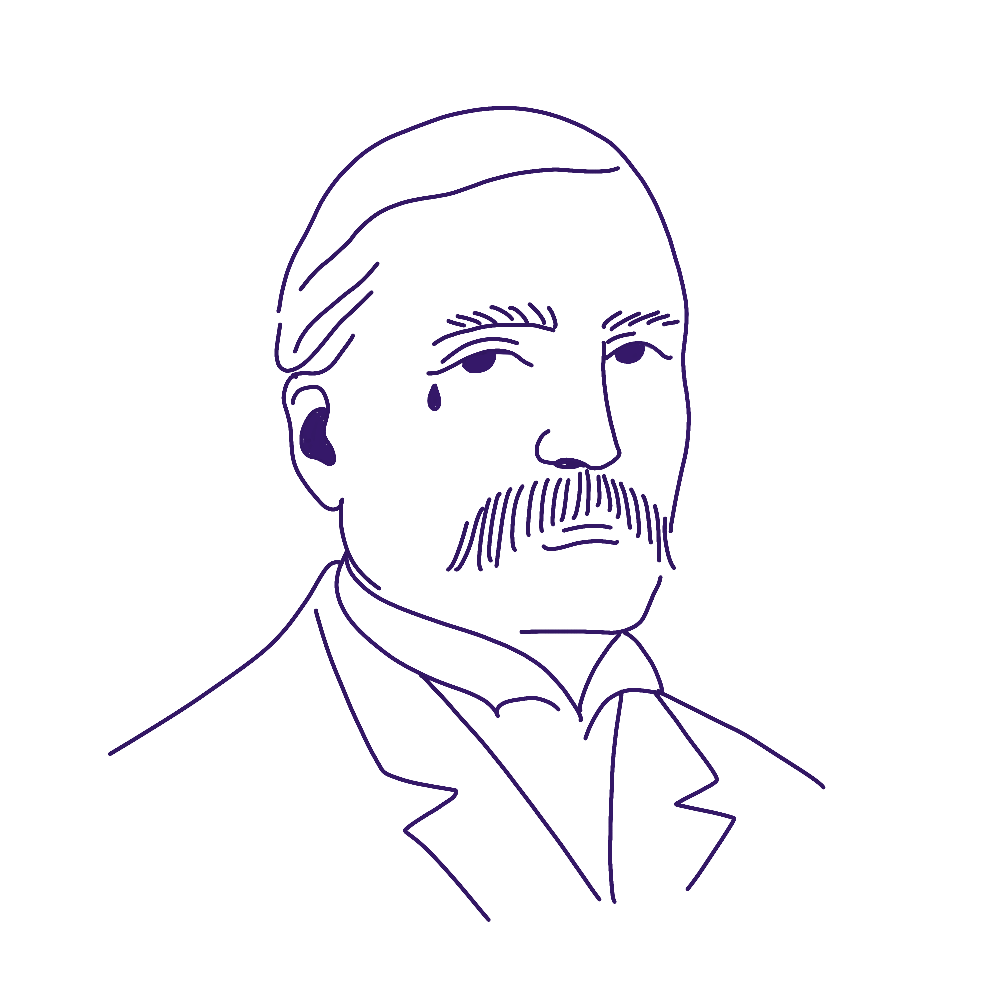Considered a father of Ukrainian classical music
Mykola Lysenko was called so even during his lifetime. He founded a conscious national movement in Ukrainian music and followed it till the end. The composer was collecting folklore, founding and leading choirs, creating his own arrangements of folk songs, and writing romances, especially to the verses of Ivan Franko, Taras Shevchenko, Lesya Ukrainka, and others.
Lysenko wrote musical compositions that became Ukrainian classics — Nich yaka misiachna (What A Moonlit Night) to words of Mykhailo Starytskyi, Bozhe, velykyi yedynyi (Lord, the Great and Almighty) of Oleksandr Konysky, Vichnyi revoliutsioner (The Eternal Revolutionary) of Franko, operas based on Gogol’s Christmas Eve and Taras Bulba, and many others.
Since 1862, Mykola Lysenko had been organising annual performances dedicated to the commemoration of Taras Shevchenko, which had been turned into a new form — a mixed concert. At them, the composer presented the fragments from the theatre performances based on the poet’s works, song adaptations, his own and other author’s compositions; moreover, he performed two functions at once: the one of a pianist and a choral conductor.

